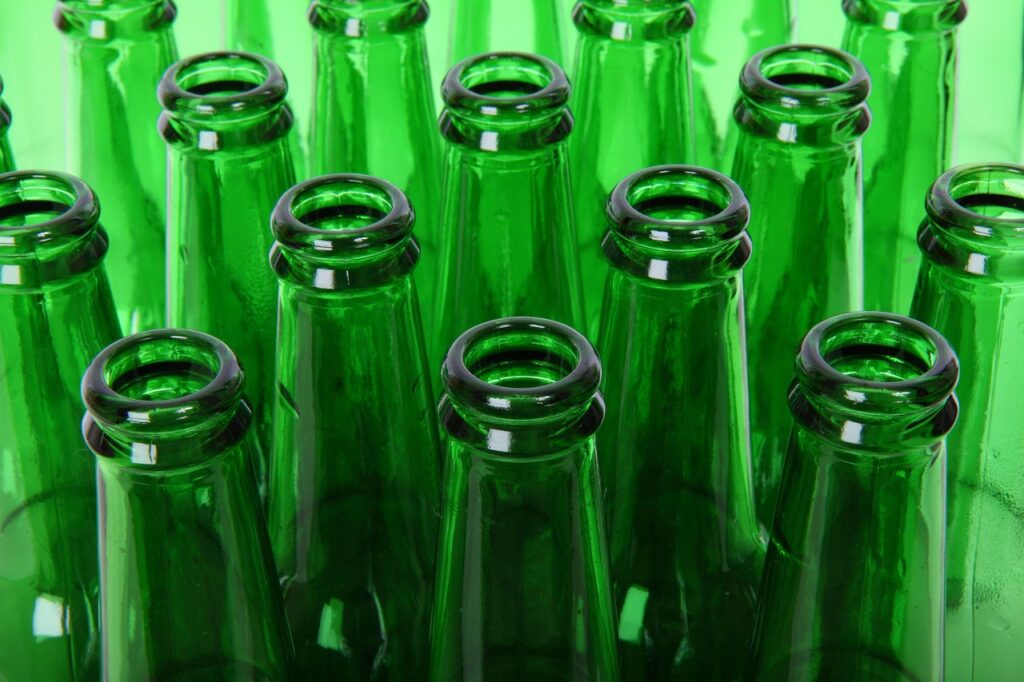
Alcohol abuse is one of the most common health problems in America. In fact, it is estimated that at least 15 million people struggle with a significant alcohol use disorder. Given that the substance is both legal and socially accepted, it can be very difficult to break free from dependence.
It can also be testing for high-functioning abusers or people who can go a few days or weeks without booze but will go back to damaging habits. However, with the strategy you can get yourself (or a loved one) to develop a better relationship with alcohol. In turn, it will unlock better health and an improved quality of life.
Acknowledge the disorder
The fact that you’ve opened this blog post suggests that you acknowledge the problem and want help with it. However, drug and alcohol assessments can help you understand the severity of the issue. Once this is laid out to you in black and white, you will also start to see how much damage could be caused if the situation goes left untreated.
Millions of people live in denial for a plethora of mental health issues ranging from depression to substance dependency. Admitting the problem to yourself is the first step on the path to recovery. Not least because you should subsequently find it easier to speak with others. It can be quite shocking to learn how damaging your behavior has become, but it is a necessary wake-up call.
Appreciate the root cause
Accepting that there is a problem is one thing. To give yourself the best chance of getting your life back on track, though, you need to identify the root cause. Dealing with a past trauma in your life, for example, could then make it far easier to stay away from booze. Even subconsciously, you may have been drinking partly to suppress the trauma.
Trauma isn’t the only root cause of drinking alcohol. It may be an issue that runs in the family. Or you may find that temporary escapism is your way of dealing with difficult life situations or the fact you hate your job. In reality, though, alcohol consumption only makes matters worse in the long run. Either way, a failure to understand the reasons for drinking will limit your hopes of success.
Know your triggers

In addition to knowing the root cause of the problem, it’s important to look at the triggers. Many people find that certain people and places lead them to make poor decisions regarding alcohol. If this sounds like you, consciously removing yourself from those scenarios is vital. It is particularly important during the festive period.
Over time, you may find that you are able to safely re-enter those places. Right now, though, it’s best to keep a distance from those settings. If this means avoiding the stadium when your team plays or not attending an event when your drinking buddies are there, that’s a sacrifice you must make. When you are not surrounded by triggers to drink, you will be far less likely to do it. Moreover, excessive sessions become less likely.
Find better habits
After identifying the habits that make you drink, it’s time to form new ones. When you give yourself a better option then you won’t have any reason to think about drinking. If you are someone who puts 100% into habits, a focus on health can work wonders. Not least because there is a snowball effect.
You can start by drinking more water and getting better sleep. You will then feel in a better mood to exercise, which will then encourage you to eat better. When combined with a new hobby, whether it’s playing an instrument or photography, the triggers will be less frequent. In short, this will show that you can enjoy life without alcohol.
Seek help

It’s important that you are prepared to take accountability. But while breaking free from the shackles of alcohol use disorders is a personal journey, you are not alone. Help can be found in many places and the right support should give you the extra boost needed to stay on top of the situation.
A damaging relationship with alcohol doesn’t necessarily translate to addiction. As such, you may not need an addiction center. Many people find that support groups are the best choice for them. This could mean attending AA meetings or finding online forums for other people in similar situations. Alternatively, counseling may be available to help develop strategies to remain on the right path. Outpatient detox clinics are another effective choice.
Journal
Journaling offers benefits for many reasons and in many situations. It is an opportunity for self-reflection while it also gives you a chance to set goals and celebrate successes. Moreover, it lays out a clear path of the steps required to achieve your desired goals. Right now, this will feel like having a secret weapon.
It only takes a few minutes of journaling each day to support yourself. Each entry is another reminder of the process and the steps taken up to this point. You can support this further with a little daily meditation. The added sense of control is sure to have a positive impact that helps you stay away from alcohol.
Find your motivation
Intrinsic motivation is a very powerful tool that will help you achieve virtually anything you put your mind to. While it’s one thing to know that a positive change is needed, actively making it is another. If overcoming this problem will allow you to be a more active parent or achieve your career dreams, embrace it. This is your motivation.
Once you have this true source of motivation, it won’t just support you on your daily journeys. It’ll also be something you can cling to in moments of temptation. By becoming stronger in moments of potential weakness, you’ll almost feel invincible. And as you continue to take positive steps, the road ahead should become smoother. Take control today, and you’ll never look back.



